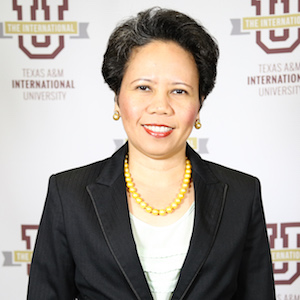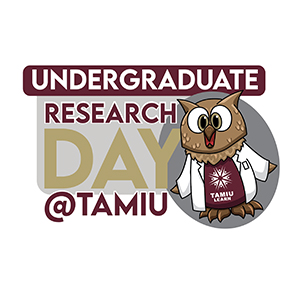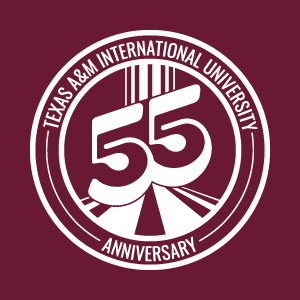TAMIU Gets $1.1 Million Community Mental Health Grant from Texas Health and Human Services Commission

Texas A&M International University (TAMIU) is one of 53 statewide entities receiving a grant as part of $45 million in funds awarded through Texas’ Health and Human Services Commission’s (HHSC) Community Mental Health Grant Program that supports mental health services and projects.
TAMIU’s award is $1,164,910 and one of two grants to Texas A&M University System campuses. The other, for $500,000, was awarded to Texas A&M University, College Station. TAMIU’s grant is a collaboration between its Student Counseling Services offices, Border Region Behavioral Health Center, and Serving Children and Adults in Need (SCAN).
All grants were competitive and established by House Bill 13, 85th Legislature, which directed HHSC to establish a state-funded grant program to support communities providing and coordinating mental health treatment and services with transition or supportive services for persons experiencing mental illness. Grant awardees are required to match a portion of the state’s grant award to demonstrate their commitment to addressing local mental health needs.
TAMIU president Dr. Pablo Arenaz praised the collaboration and its potential to powerfully impact TAMIU students.
“We were honored to lead this collaborative effort that will help so many. Truly great universities must always provide students with the innovative support and resources they need to be well and to succeed. This is such an effort and we are confident that our students’ lives will be measurably bettered. We commend Dr. Marivic Torregosa, dean of our College of Nursing and Health Sciences, on her commitment to this collaboration, ” Dr. Arenaz said.
Dr. Torregosa said the grant’s timing and innovation seems destined to address today’s challenges.
“The aim of the grant is to provide increased access to evidence- based mental health and substance use services to TAMIU students. This grant funding is timely given the stress COVID-19 has brought upon our students and members of the TAMIU community. Evidence-based interventions on effective coping and substance use prevention delivered virtually are important as we adjust to the new normal way of living. In the age of social distancing and face-coverings, our students can access mental health services through the comfort of their home, cellphone, or computer from licensed professional counsellors,” said Dr. Torregosa.
In making the award announcement, Sonja Gaines, HHS deputy executive commissioner for Intellectual and Developmental Disability & Behavioral Health Service explained the significance of the competitive grants.
“The Community Mental Health Grant Program allows Texas to provide additional and vital mental health support to residents in need. Promoting mental health programs in Texas is a priority for HHSC, and grant programs like these provide opportunities to help people across the state who are in need of support.”
Statewide, the grant funds will provide two years of support, funding local mental health and behavioral health authorities, nonprofit organizations, academic institutions and local governmental agencies. Funds support community programs for people with mental illness by expanding outpatient treatment, promoting recovery and improving quality of life. They may also be used to support crisis respite, crisis stabilization and extended observation services.
The 86th Legislature appropriated $45 million in 2019 to continue the Community Mental Health Grant Program in 2020 and 2021.
Additional information on grant awards and recipients is available on the HHS website.
For more on the TAMIU program, contact Dr. Torregosa at TAMIU’s College of Nursing and Health Sciences at mtorregosa@tamiu.edu, phone 956.326.2450 or visit offices in Dr. F. M. Canseco Hall 301
More information on accessing behavioral health services in Texas is available at https://mentalhealthtx.org. Texas residents can dial 2-1-1 to learn about programs and services.



